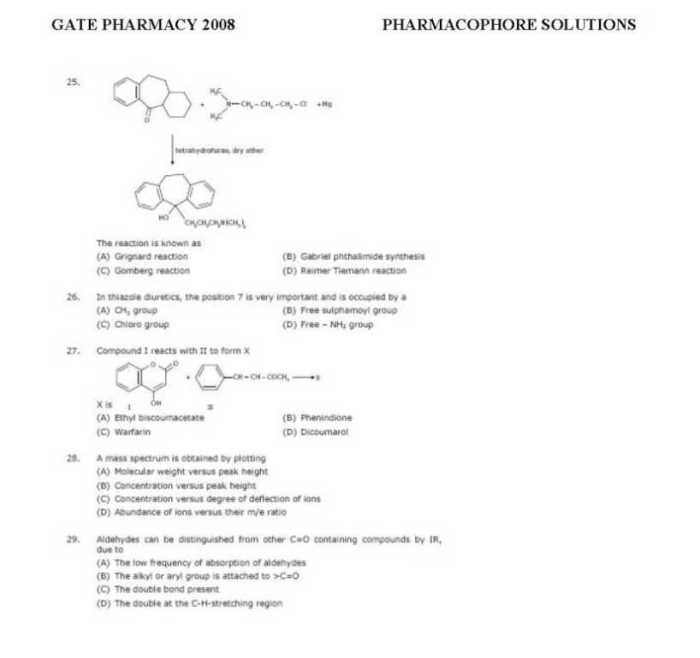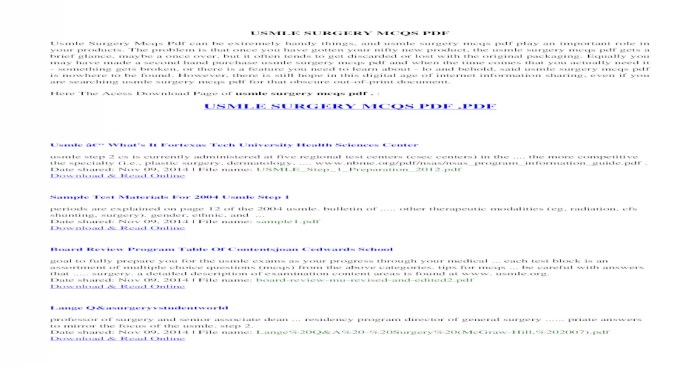Medication administration multiple choice exam answers PDF offers a comprehensive resource for healthcare professionals seeking to enhance their knowledge and skills in medication administration. This guide provides a detailed overview of key concepts, principles, and best practices in medication administration, ensuring accurate and safe medication delivery to patients.
With its evidence-based approach and practical strategies, this guide empowers healthcare professionals to prevent medication errors, address special considerations for diverse patient populations, and uphold legal and ethical responsibilities in medication administration.
1. Medication Administration Multiple Choice Exam Answers PDF
An Overview
Multiple-choice exams are widely used in medication administration assessments due to their efficiency and objectivity. They allow for the testing of a wide range of knowledge and skills related to medication administration, including medication orders, safety protocols, and patient rights.
Evidence-based questions ensure the accuracy and validity of the exam, as they are derived from current best practices and research findings.
2. Key Concepts and Principles in Medication Administration

Key concepts in medication administration include:
- Medication orders: Prescribed instructions for administering medications, including dosage, frequency, and route of administration.
- Medication safety: Practices and procedures aimed at preventing medication errors and ensuring patient safety.
- Patient rights: The rights of patients to receive accurate and safe medication administration, including the right to informed consent and refusal.
Types of medication administration routes, their advantages, and disadvantages:
| Route | Advantages | Disadvantages |
|---|---|---|
| Oral | Convenient, cost-effective | May be affected by nausea or vomiting |
| Intravenous (IV) | Rapid onset of action | Requires skilled administration, risk of infection |
| Intramuscular (IM) | Reliable absorption | Painful, tissue damage if not administered correctly |
| Subcutaneous (SC) | Slower onset of action than IV, less painful than IM | Requires skilled administration, risk of infection |
| Transdermal | Continuous drug delivery | May cause skin irritation |
3. Common Medication Administration Errors and Prevention Strategies
Common medication administration errors include:
- Dosage errors: Giving the wrong dose of medication.
- Medication mix-ups: Giving the wrong medication.
- Timing errors: Giving the medication at the wrong time.
Root causes of medication errors:
- Lack of knowledge or training
- Fatigue or distraction
- Systemic factors (e.g., poor communication, inadequate staffing)
Prevention strategies:
- Education and training
- Use of technology (e.g., barcode scanning)
- Improved communication and teamwork
4. Special Considerations in Medication Administration
Special considerations for specific patient populations:
Children
- Smaller body size and weight require precise dosage calculations.
- May have difficulty swallowing pills or taking injections.
Elderly
- Increased risk of polypharmacy and drug interactions.
- May have impaired renal or hepatic function, affecting drug metabolism.
Patients with Disabilities, Medication administration multiple choice exam answers pdf
- May require assistance with medication administration.
- May have communication difficulties or cognitive impairments.
5. Legal and Ethical Aspects of Medication Administration

Legal responsibilities:
- Obtaining informed consent from patients before administering medications.
- Documenting medication administration accurately and timely.
- Reporting medication errors and adverse events.
Ethical responsibilities:
- Respecting patient autonomy and the right to refuse medication.
- Protecting patient confidentiality.
- Ensuring that medication administration is safe and effective.
User Queries: Medication Administration Multiple Choice Exam Answers Pdf
What is the purpose of using a multiple-choice exam format for medication administration assessments?
Multiple-choice exams allow for efficient and objective assessment of knowledge and understanding of medication administration principles.
Why is it important to use evidence-based questions in medication administration exams?
Evidence-based questions ensure the accuracy and validity of the exam, reflecting current best practices in medication administration.